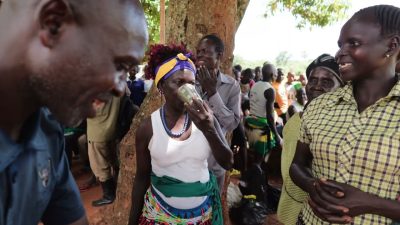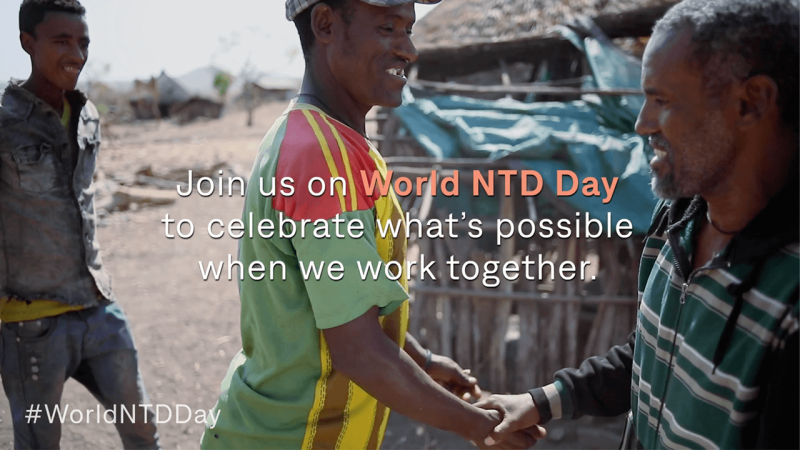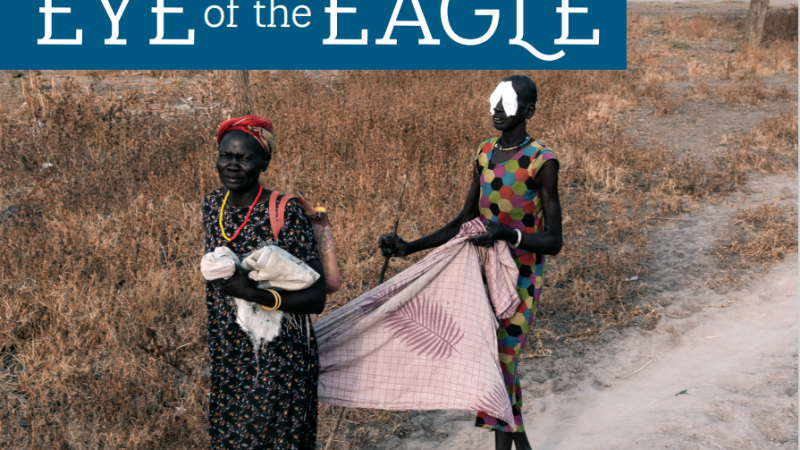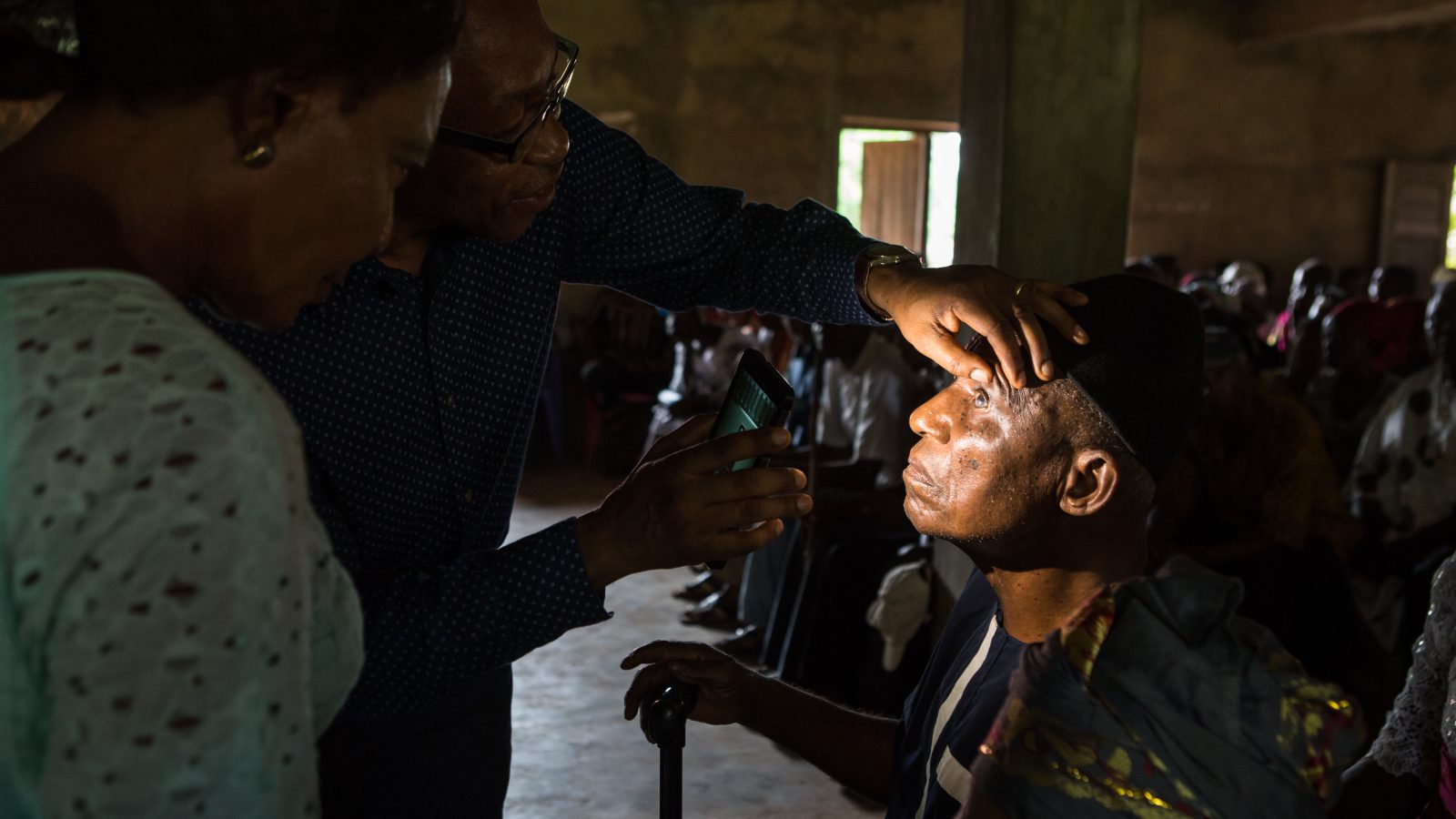
We work with national ministries of health in Latin America and Africa to eliminate transmission of river blindness, one of the leading causes of preventable blindness worldwide.
Introduction
What is River Blindness?
River blindness, also known as onchocerciasis, is a parasitic infection that can cause intense itching, skin discoloration, rashes, and eye disease that often leads to visual impairment and, in the most severe cases, permanent blindness. The parasite is spread by the bites of infected black flies that breed in rapidly flowing rivers.
How widespread is the disease?
Approximately 20.9 million people are infected with the parasite that causes onchocerciasis, and a total of about 250 million are at risk of the disease in sub-Saharan Africa, Latin America, and Yemen.
In Africa, where more than 99% of the global cases exist, the Center and its partners have successfully interrupted or eliminated river blindness transmission in parts of Ethiopia, Nigeria, Sudan, and Uganda using a flexible strategy that at times includes twice-per-year treatment and vector control.
In Latin America, The Carter Center works through its Onchocerciasis Elimination Program for the Americas (OEPA) to eliminate the disease from the region by helping to provide multiple Mectizan® treatments per year in endemic areas. Today, efforts focus on Brazil and Venezuela, where transmission still occurs in an isolated area on the border of the two countries.
REAL LIVES, REAL CHANGE
The Help He Needed
Kalisto Londre, who lives in a Ugandan village near the South Sudan border, once suffered from river blindness.
In the 1990s, he developed rashes, unbearable itching, and swelling in his groin and neck. His sight began to fade. The itchiness grew so bad, he said, “I was using a stone for scratching myself because nails were not enough.”
His community shunned him.
“They thought that because of the way my skin appeared, they might get the disease from me,” he said. “Even at the hospital, people moved away from me.”
Then, The Carter Center and Uganda Ministry of Health began distributing ivermectin all across the country to fight the disease, giving Kalisto the help he needed.
“I’m feeling very well,” said the father of five and grandfather of 20. “I’m even able to do my garden work.”
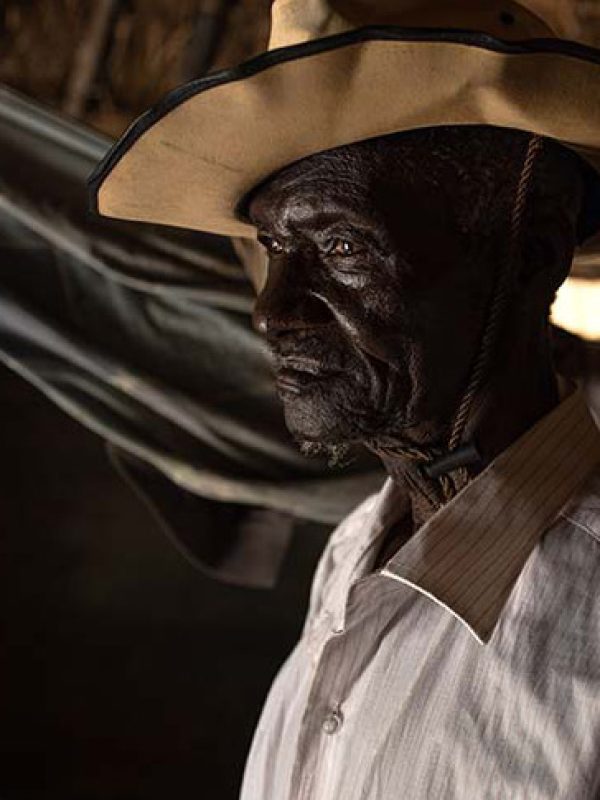
Research & Publications
Explore insights from Carter Center experts and partners on the fight against river blindness, with articles and publications highlighting strategies, research, and progress toward elimination.
River blindness once forced families to abandon fertile land near rivers. Today, thanks to sustained treatment and education, communities are breaking free from the disease.
Our Strategy
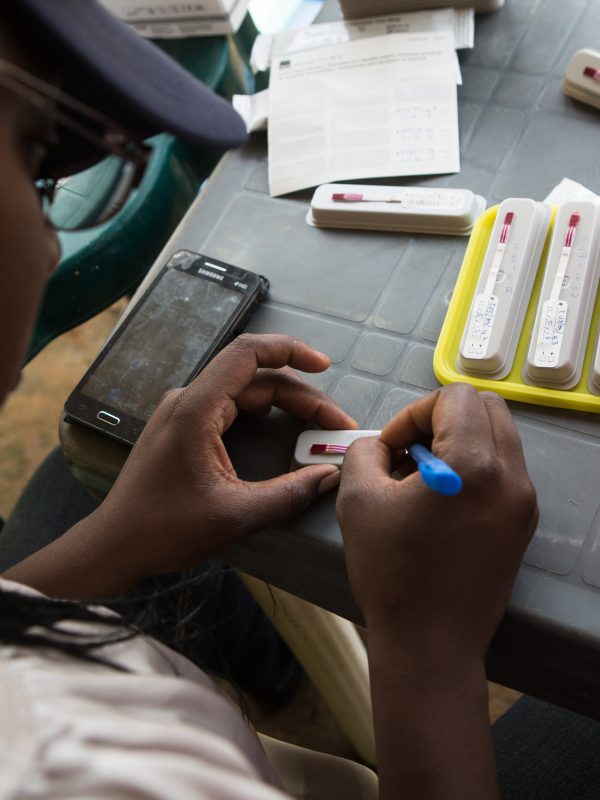
By the Numbers
Making remarkable progress toward elimination, our River Blindness Program has achieved historic milestones through strategic interventions, community partnerships, and innovative approaches across Africa and the Americas.
4
Number of countries that have eliminated river blindness with Carter Center assistance.
600M+
Number of treatments of Mectizan® that we have helped distribute in Africa and Latin America.
Spotlight on River Blindness
Global Impact Starts with You
Your support sustains the Carter Center's mission of waging peace, fighting disease, and building hope around the world.

